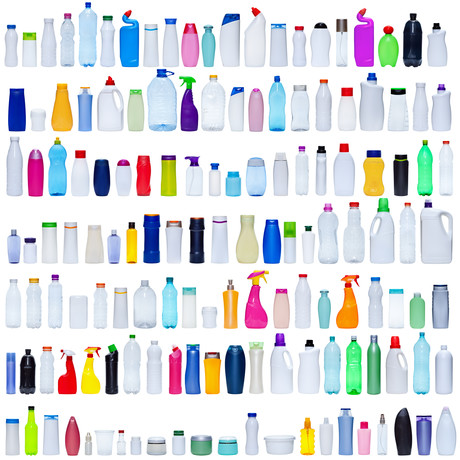Unilever calls for industry action on packaging waste

One year after Unilever committed to ensuring 100% of its plastic packaging is fully re-usable, recyclable or compostable by 2025, CEO Paul Polman has welcomed news that 10 companies have made similar pledges.
Polman has now urged more members of the consumer goods industry to step forward to accelerate the industry’s progress towards the circular economy and address plastic leakage into the world’s natural systems, including waterways and oceans.
“It is welcome news that many other major companies are making their own commitments to address ocean plastic waste,” said Polman. “Yet as a consumer goods industry, we need to go much further, much faster, in addressing the challenge of single-use plastics by leading a transition away from the linear take-make-dispose model of consumption to one which is truly circular by design.”
Unilever believes there are four key actions the consumer goods industry should take to create the systemic change required and accelerate the transition to a circular economy:
- For companies to invest in innovation towards new delivery models that promote re-use.
- For more companies to commit to 100% re-usable, recyclable or compostable packaging by 2025 and set stretching targets for using post-consumer recycled content.
- For a Global Plastics Protocol setting common agreed definitions and industry standards on what materials are put into the marketplace, to ensure packaging is compatible with existing and cost-effective recycling infrastructures.
- For companies to engage positively in policy discussions with governments on the need for improvements to waste management infrastructure, including the implementation of Extended Producer Responsibility schemes.
“Addressing the issue of ocean plastic is a shared responsibility — all stakeholders in the value chain must work together in partnership to find effective solutions,” said Polman. “However, there is no doubt that the response from the consumer goods industry will be amongst the most critical in determining the speed at which positive change takes place. We are at a critical juncture.”
Unilever has made good progress on reducing its waste footprint in recent years. Since 2010, the waste associated with the disposal of its products has decreased by 28% and the weight of its packaging has reduced by 15%. The company also stopped sending non-hazardous waste to landfill from its manufacturing sites in 2015.
Alongside its commitment to 100% re-usable, recyclable or compostable plastic packaging by 2025, Unilever pledged to source 25% of its resin from post-consumer recycled content by 2025, and to publish its full plastics palette before 2020. The company has also reported good progress on identifying a technical solution to recycling multilayered sachets through its Creasolv technology, for which a pilot plant in Indonesia is currently being built to assess its commercial viability.
Circularity needed at scale for Aust building industry
Australia has the highest material footprint of the G20, more than 31 tonnes per person. Doubling...
Textile recycler BlockTexx wins Gold for sustainability
BlockTexx, a clean technology company that recovers polyester and cellulose from textiles and...
NSW passes legislation to mandate battery recycling
The passing of the Product Lifecycle Responsibility Bill in New South Wales is said to...










